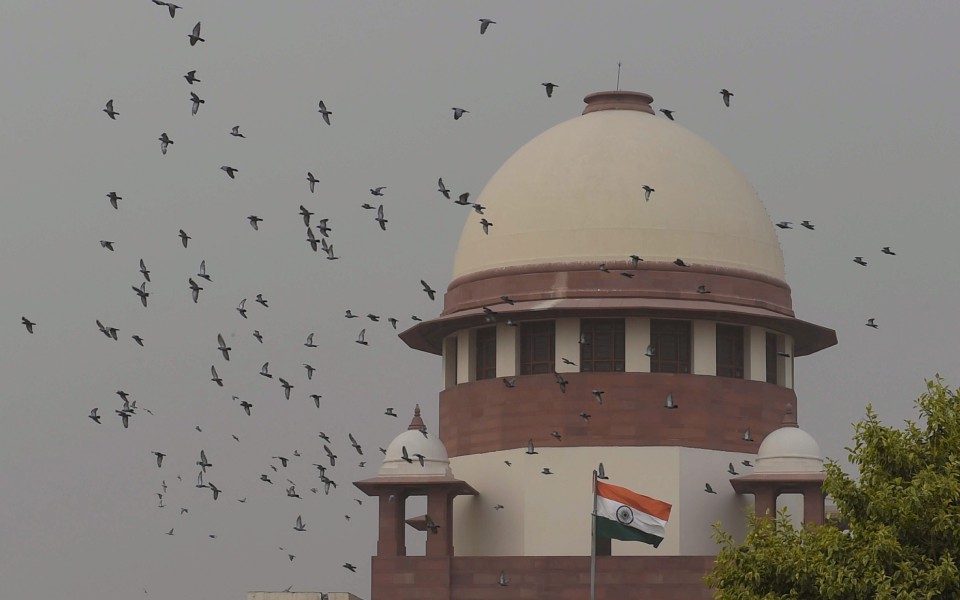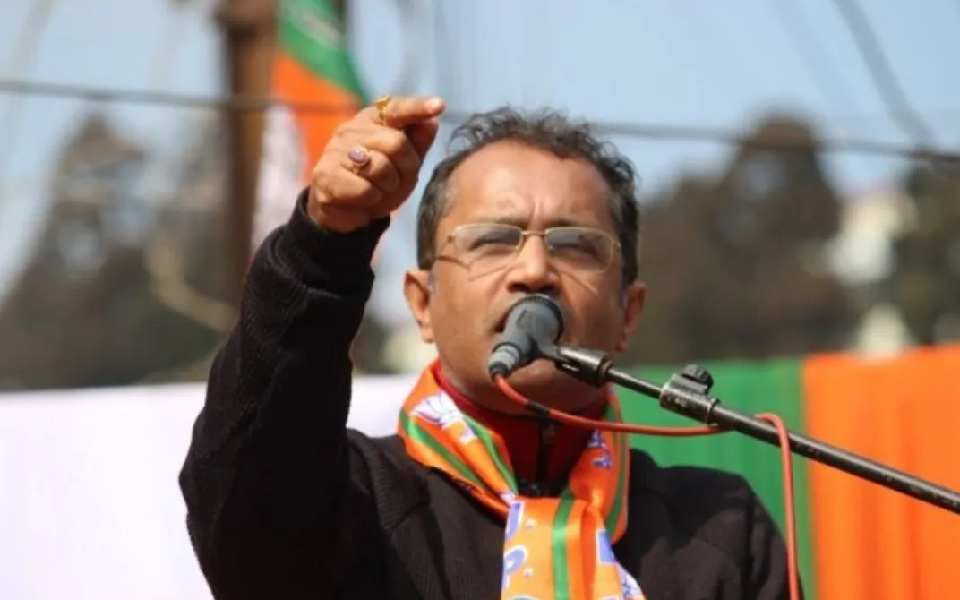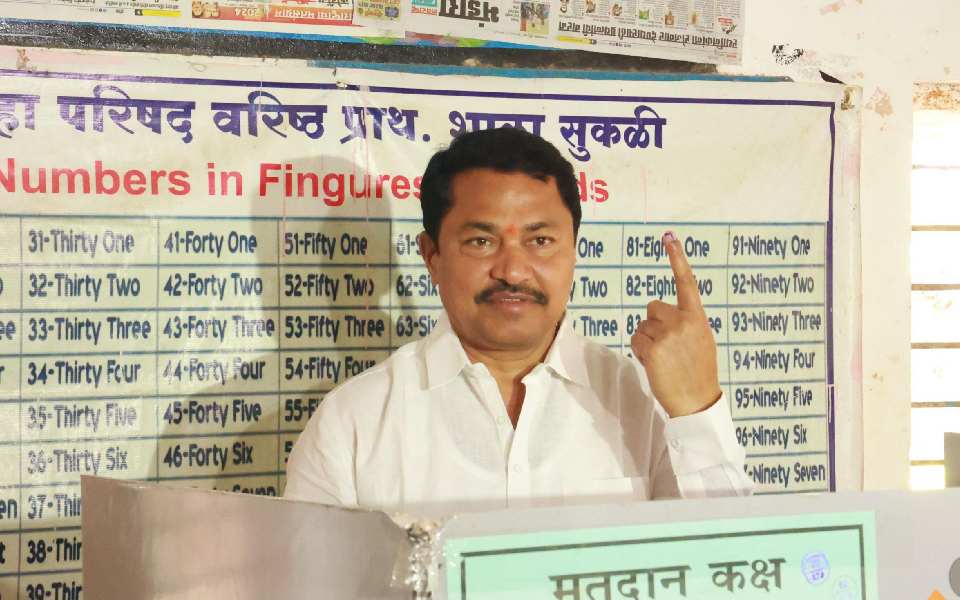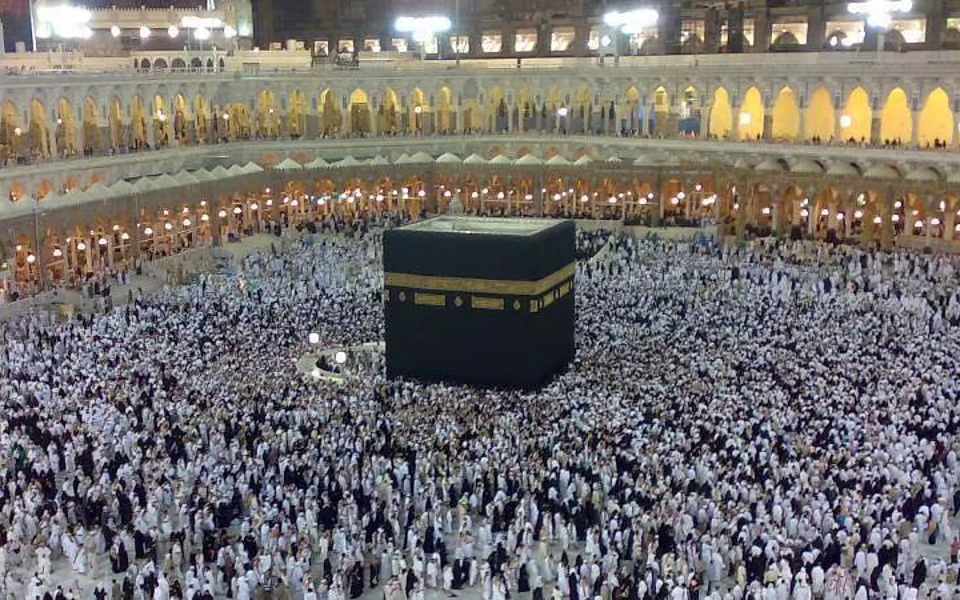New Delhi, Nov 5: Supreme Court judges B V Nagarathna and Sudhanshu Dhulia on Tuesday took exception to Chief Justice DY Chandrachud's remark during his judgement related to private properties that the Justice Krishna Iyer doctrine did a "disservice" to the broad and flexible spirit of the Constitution.
While Justice Nagarathna said the CJI's observations are unwarranted and unjustified, Justice Dhulia strong disapproved the remarks and said the criticism is harsh, and could have been avoided.
The nine-judge bench comprising Chief Justice D Y Chandrachud and justices Hrishikesh Roy, B V Nagarathna, Sudhanshu Dhulia, J B Pardiwala, Manoj Misra, Rajesh Bindal, Satish Chandra Sharma and Augustine George Masih pronounced the verdict.
The majority verdict pronounced by the CJI overruled Justice Iyer's previous ruling that all privately owned resources can be acquired by the State for distribution under Article 39(b) of the Constitution.
The CJI wrote for himself and six other judges on the bench which decided the vexed legal question on whether private properties can be considered "material resources of the community" under Article 39(b) and taken over by State authorities for distribution to subserve the "common good".
Justice Nagarathna partially disagreed with the majority judgement penned by the CJI, while Justice Dhulia dissented on all aspects.
In a separate 130-page verdict, Justice Nagarathna quoted Chandrachud saying, "Thus, the role of this court is not to lay down economic policy, but to facilitate this intent of the framers to lay down the foundation for an 'economic democracy'. The Krishna Iyer doctrine does a disservice to the broad and flexible spirit of the Constitution."
Justice Nagarathna said merely because of the paradigm shift in the economic policies of the State, cannot result in labelling the former judges of this court as doing a "disservice" to the Constitution.
"It is a matter of concern as to how the judicial brethren of posterity view the judgments of the brethren of the past, possibly by losing sight of the times in which the latter discharged their duties and the socio-economic policies that were pursued by the State and formed part of the constitutional culture during those times.
"Merely because of the paradigm shift in the economic policies of the State to globalisation and liberalisation and privatisation, compendiously called the 'Reforms of 1991', which continue to do so till date, cannot result in branding the judges of this Court of the yesteryears “as doing a disservice to the constitution," Justice Nagarathna said.
Justice Dhulia said the Krishna Iyer Doctrine or O Chinnappa Reddy Doctrine is familiar to all who have anything to do with law or life and based on strong humanist principles of fairness and equity.
"I must also record here my strong disapproval on the remarks made on the Krishna Iyer Doctrine as it is called. This criticism is harsh, and could have been avoided...
"It is a doctrine which has illuminated our path in dark times. The long body of their judgment is not just a reflection of their perspicacious intellect but more importantly of their empathy for the people, as human being was at the centre of their judicial philosophy," Justice Dhulia wrote.
Justice Nagarathna, who is set to take over as India's first woman CJI in 2027, said such observations emanating from this court creates a concavity in the manner of voicing opinions on judgments of the past and their authors by holding them doing a disservice to the Constitution.
She said such observations imply that they may not have been true to their oath of office as a Judge of the Supreme Court.
"I may say that with passage of decades after the enforcement of the Constitution and on India becoming a Republic, the transformative impact of the Constitution has been deep and pervasive not only on governance in the country, whether at the central, state or local level but its impact on the Indian judiciary is also a significant aspect of Indian constitutional development.
"As a result, the basic features of the Constitution including the Preamble, Fundamental Rights, Directive Principles of State Policy, Separation of Powers, Judicial Review and Independence of the judiciary have impacted both governance as well as the judiciary," she wrote.
The top court judge said bearing in mind the goals of the constitution, it is the obligation on the part of this court to consider the correctness of such legislation in light of the vision of the framers of the Constitution as well as the transformative nature of the Indian Constitution and the intent of the policy makers and the law.
"It is in the above background that the Judges of this court have been deciding constitutional issues over the decades. Of course, no particular line of thinking is static and changes are brought about by the State by bearing in mind the exigencies of the times and global impact particularly on the Indian economy.
"Such attempts to create an environment suitable to the changing times have to be also appreciated by the judiciary, by suitably interpreting the Constitution and the laws. But by there being a paradigm shift in the economy of this country, akin to Perestroika in the erstwhile USSR, in my view, neither the judgments of the previous decades nor the judges who decided those cases can be said to have done a disservice to the Constitution," Justice Nagarathna said.
Let the Truth be known. If you read VB and like VB, please be a VB Supporter and Help us deliver the Truth to one and all.
ISLAMABAD: At least two more cases of poliovirus were reported in Pakistan, taking the number of infections to 52 so far this year, a report said on Friday.
“The Regional Reference Laboratory for Polio Eradication at the National Institute of Health has confirmed the detection of two more wild poliovirus type 1 (WPV1) cases in Pakistan," an official statement said.
The fresh infections — a boy and a girl — were reported from the Dera Ismail Khan district of Khyber-Pakhtunkhwa province.
“Genetic sequencing of the samples collected from the children is underway," the statement read. Dera Ismail Khan, one of the seven polio-endemic districts of southern Khyber Pakhtunkhwa province, has reported five polio cases so far this year.
Of the 52 cases in the country this year, 24 are from Balochistan, 13 from Sindh, 13 from Khyber Pakhtunkhwa, and one each from Punjab and Islamabad.
There is no cure for polio. Only multiple doses of the oral polio vaccine and completion of the routine vaccination schedule for all children under the age of five can keep them protected.





